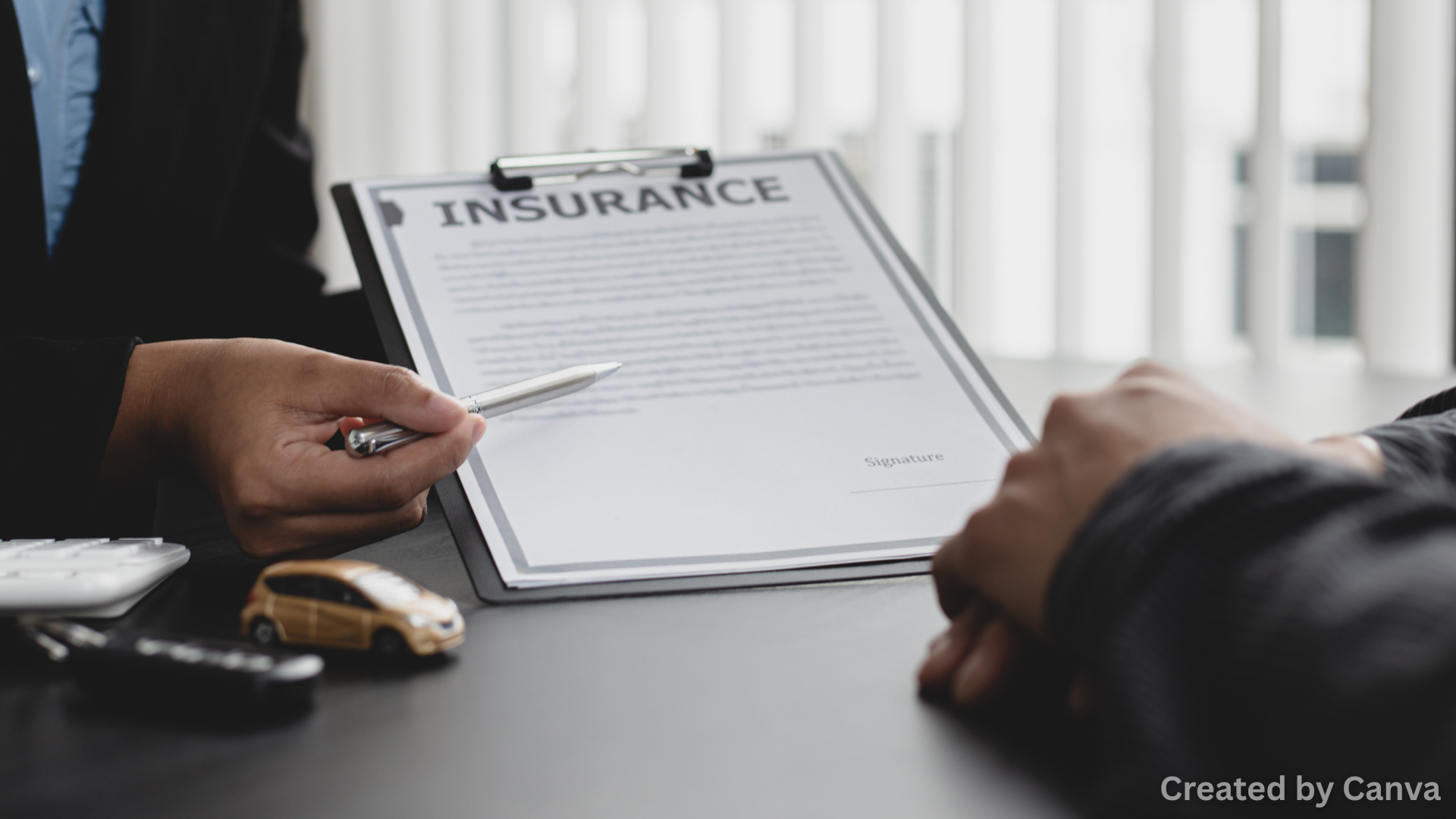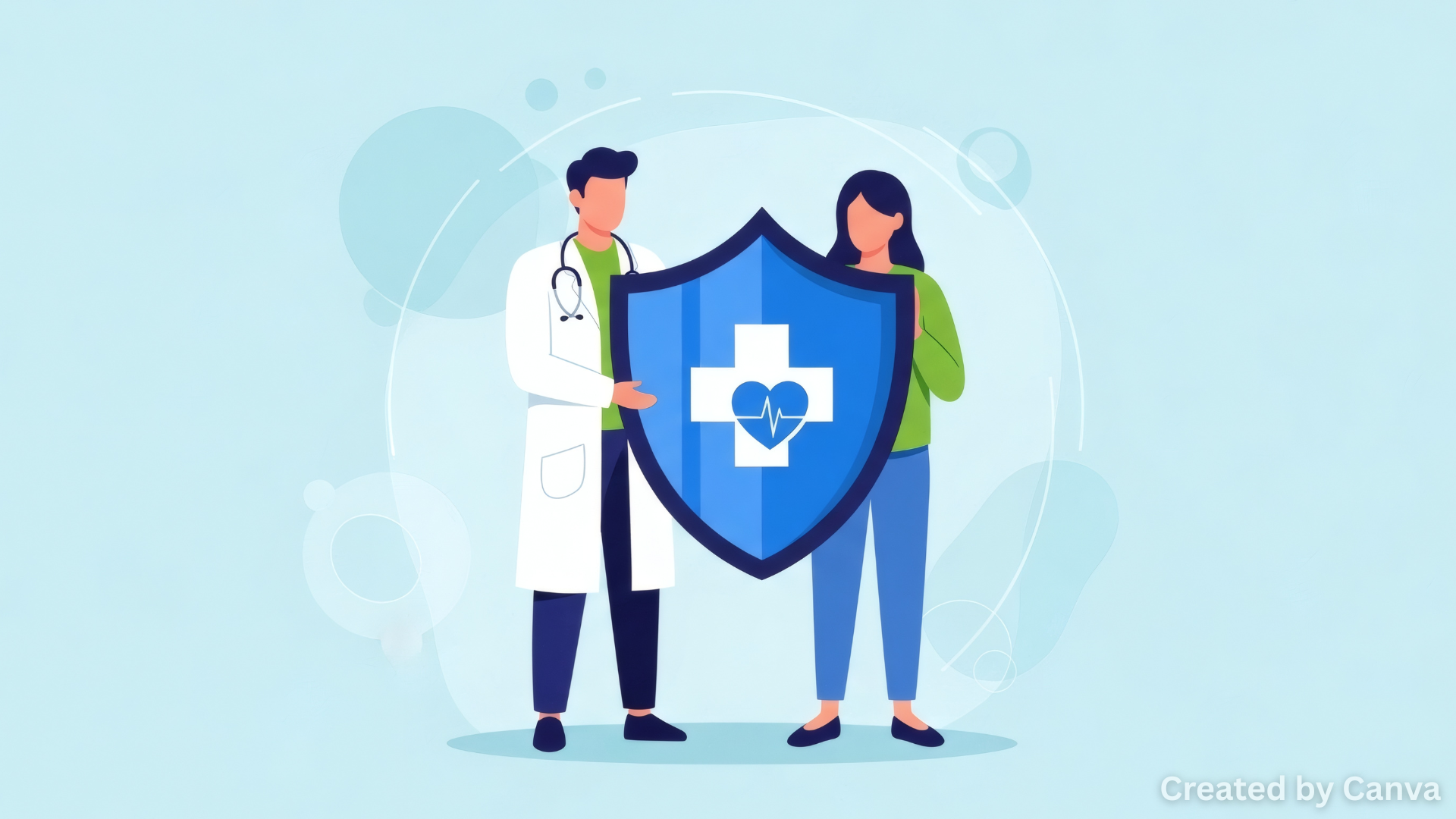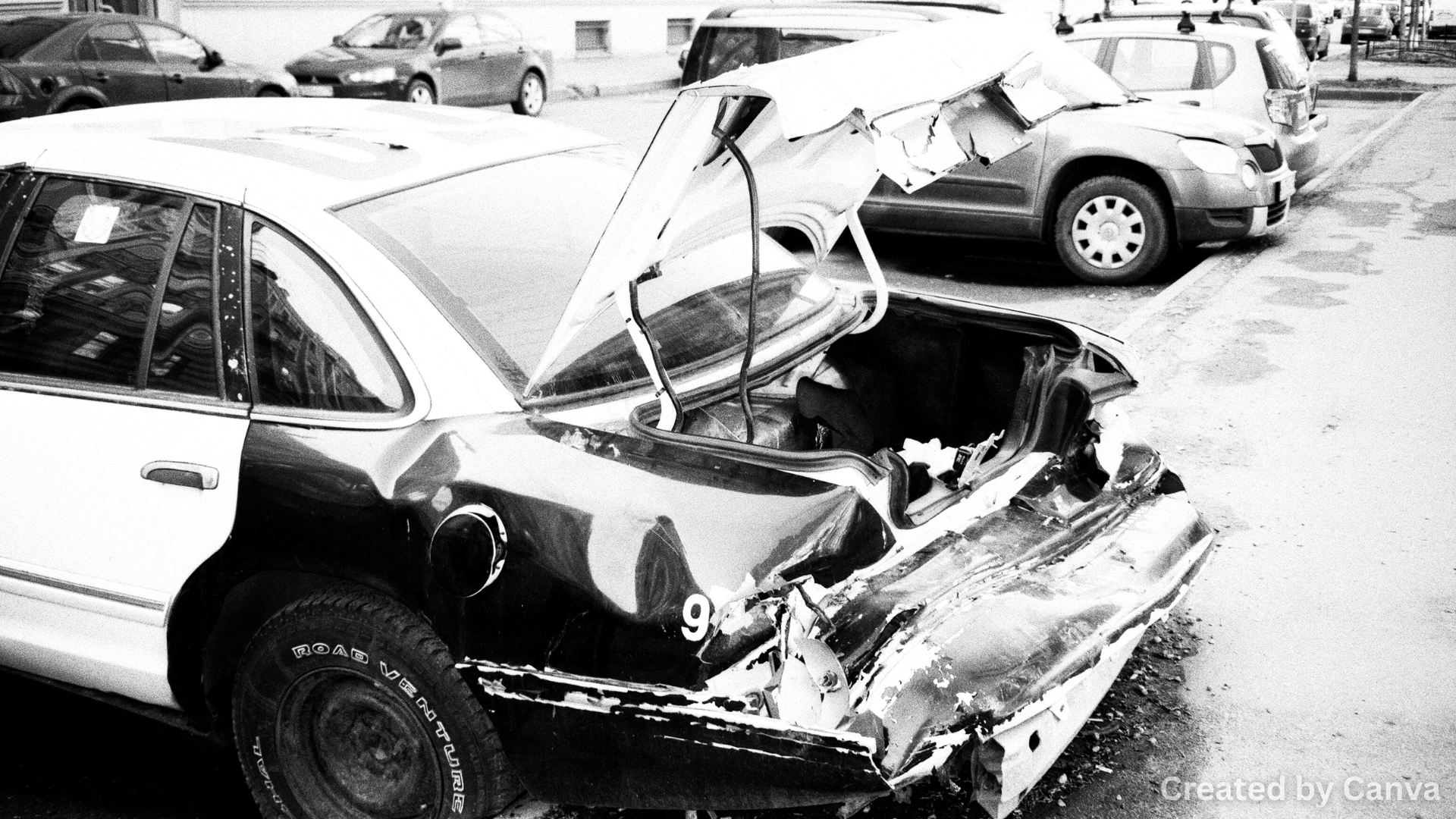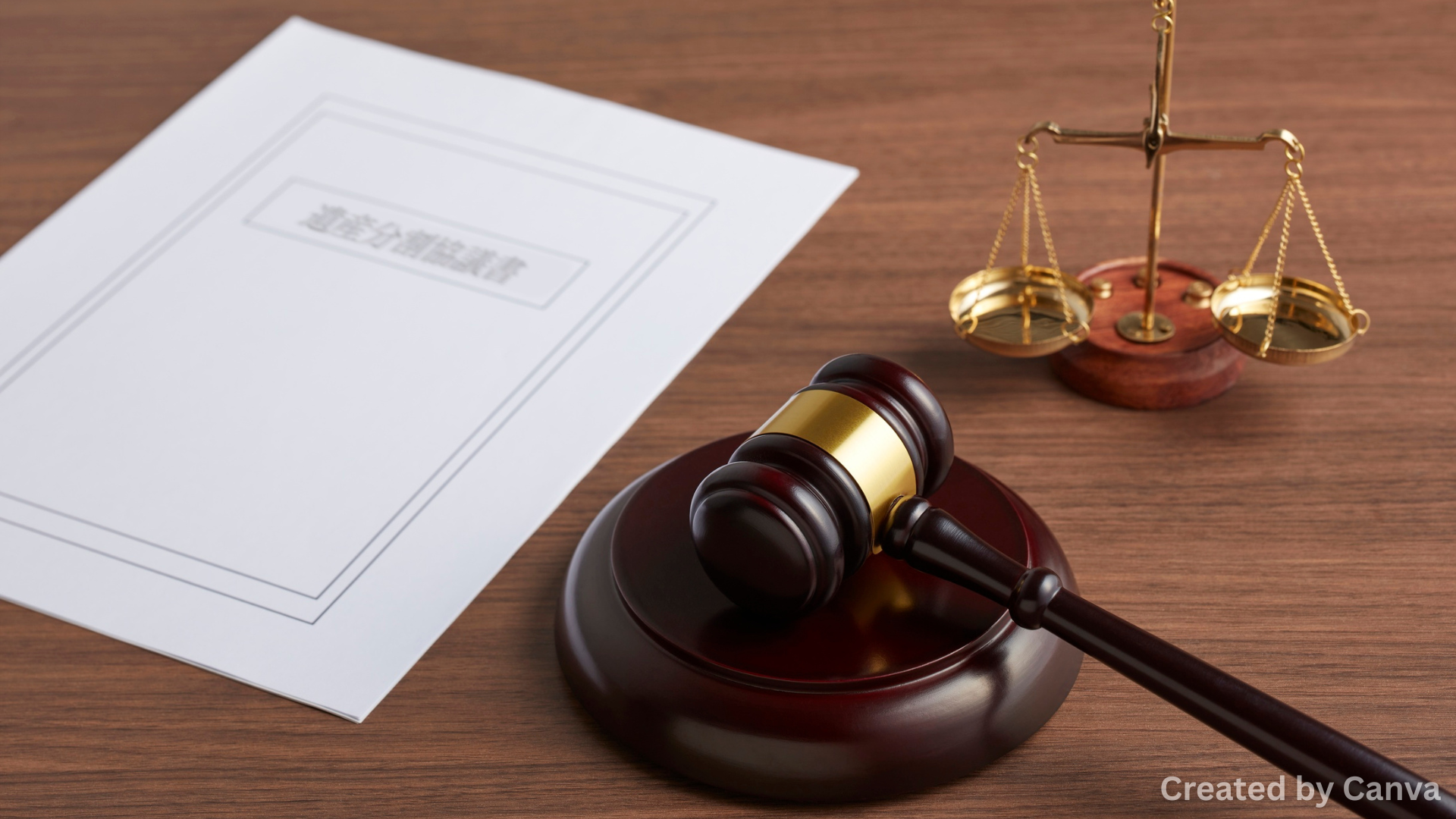Accidents on someone else’s property can leave you wondering about your rights. At InjuryClaimCalculator.us, we know how quickly a normal day can turn painful. Unexpected incidents often leave victims unsure of what to do next.
Premises liability law holds property owners responsible for safety. If hazardous conditions hurt you, you shouldn’t pay for it. Your actions right after an incident can affect your recovery and compensation.
Documenting the scene and getting medical help are crucial steps. Our team has helped many victims through property accidents. We’ve made this guide to help you handle this tough situation.
Understanding premises liability is key to fair compensation. This can cover medical costs, lost wages, and your suffering. Our guide will help you navigate this process with confidence.
Immediate Actions After the Fall
After a slip and fall accident, quick action is crucial. Your immediate steps can greatly affect any potential compensation claim. Stay calm and assess your condition carefully.
Take deep breaths and check if you can move safely. If possible, relocate to a safe area away from the hazard. Look for witnesses who saw the incident happen.
Witnesses provide invaluable third-party accounts that can support your version of events. Ask them respectfully if they saw what happened. Collect their full contact information.
If willing, ask witnesses to briefly describe what they observed. Their statements could be crucial for a legal claim. Use your smartphone to document the accident scene thoroughly.
Take clear photos of the exact location where you fell from multiple angles. Document any hazardous conditions that contributed to your accident, such as:
- Wet or slippery floors
- Uneven walking surfaces
- Poor lighting conditions
- Icy patches or weather-related hazards
- Missing handrails or safety features
Look for surveillance cameras that might have recorded the incident. Note their locations, as this footage could provide objective evidence. Preserve your clothing and footwear exactly as they were during the accident.
Don’t wash or alter these items. They may contain physical evidence supporting your claim. This early documentation often becomes the deciding factor in successful slip and fall claims.
Reporting the Incident
Reporting your slip and fall accident immediately creates a vital paper trail for future legal action. Proper documentation can make or break a claim’s success. At InjuryClaimCalculator.us, we’ve seen how crucial this step is.
Who you report to depends on where your accident happened. For incidents in businesses, find a manager right away. In rental properties, contact the landlord or management company. For public areas, notify the relevant municipal department.
When reporting, stick to the facts without blaming anyone. Describe exactly what happened, including specific details about:
- The precise location of the fall
- The time and date of the incident
- Weather conditions (if applicable)
- Any hazardous conditions you observed
- Names of witnesses present
Always ask for an official written incident report. This serves as proof that the incident occurred as you described. Insist on receiving a copy before leaving the premises.
Some property owners may try to avoid creating a formal record. They might say a verbal report is enough. Don’t accept these responses.
If you face resistance, stay polite but firm in your request. Note the name of anyone who refuses to provide a written report. Follow up with an email summarizing your conversation.
For extra protection, take a photo of any forms you complete. This prevents later changes to your statement. Send a follow-up email summarizing what happened and mentioning the report.
Remember, this report may become crucial evidence months later. A thorough, timely report shows you took the incident seriously from the start. It provides a solid foundation for any future legal action.
Collecting Evidence
Careful evidence collection can make or break a slip and fall claim. Quick action after an accident is crucial. Gathering information right away can greatly impact your compensation chances.
Start by writing down what happened while it’s fresh in your mind. Note what you were doing, how you fell, and where you felt pain. Record the exact time and date of the accident.
Environmental factors are key in slip and fall cases. Take note of lighting, weather, and any warning signs. These details show if the property owner took proper safety measures.
Don’t forget to keep your clothes and shoes from the accident. Store them safely without washing. They may hold important evidence about the hazardous condition.
Try to find out how long the hazard was there. This helps prove if the owner had time to fix it. Ask for security footage quickly, as it might be deleted soon.
Collect maintenance records or cleaning logs if possible. These can show patterns of neglect. Write down any talks with staff about what caused your fall.
At InjuryClaimCalculator.us, we stress the importance of thorough evidence collection. Premises liability cases often depend on good evidence. Each piece helps prove negligence and supports your claim for compensation.
Seeking Medical Care
Quick medical attention after a slip and fall is vital for recovery and claims. Your health should be the top priority after any accident. Even minor injuries need immediate medical evaluation.
Some serious conditions don’t show clear symptoms right away. Concussions, internal bleeding, and fractures might not cause immediate pain. Small bumps could become major issues later without proper care.
See a doctor as soon as possible after your accident. Delaying medical care can harm your health and weaken your claim. Insurance companies may use treatment gaps to dispute injury causes.
Be detailed when describing how the injury happened to your doctor. Mention the slip and fall clearly and list all symptoms. This creates a record linking your injuries to the accident.
Follow all treatment advice from your healthcare providers. Attend every follow-up and complete prescribed therapy. Consistent care shows your condition’s seriousness and commitment to recovery.
Keep thorough records of your medical journey, including:
- Dates, times, and names of all medical providers seen
- Diagnostic test results and medical imaging reports
- Prescriptions and medication records
- Treatment plans and therapy recommendations
- Medical bills and payment receipts
Start a daily journal about your recovery process. Note pain levels, activity limits, and how the injury affects your life. This personal record provides context when calculating injury impact.
Proper injury documentation serves two crucial purposes. It ensures proper care and creates an official record of your injuries. This becomes key evidence when calculating fair compensation.
Get copies of all medical records, imaging results, and treatment plans. These documents are crucial for filing a claim. Thorough medical documentation can greatly impact slip and fall case outcomes.
Filing a Claim
Seek medical care first, then file your claim within legal time limits. Most states allow one to three years for slip and fall claims. Missing these deadlines can bar you from receiving compensation.
To build your case, establish four key elements of premises liability. The property owner owed you a duty of care. They breached that duty through negligence.
This breach directly caused your accident. You suffered actual damages as a result.
At InjuryClaimCalculator.us, we recommend consulting with a personal injury attorney before talking to insurance representatives. Insurance companies often make quick, low settlement offers before victims understand their full damages.
Your claim should include detailed documentation of all economic and non-economic damages. Be ready for challenges from the property owner. They may argue you were partially responsible.
Premises liability cases can be complex and hard to prove. A qualified attorney can accurately value your claim. They can handle communications with insurers and negotiate effectively.
An attorney can also prepare your case for litigation if needed. These laws protect you when property owners fail to maintain safe environments.






